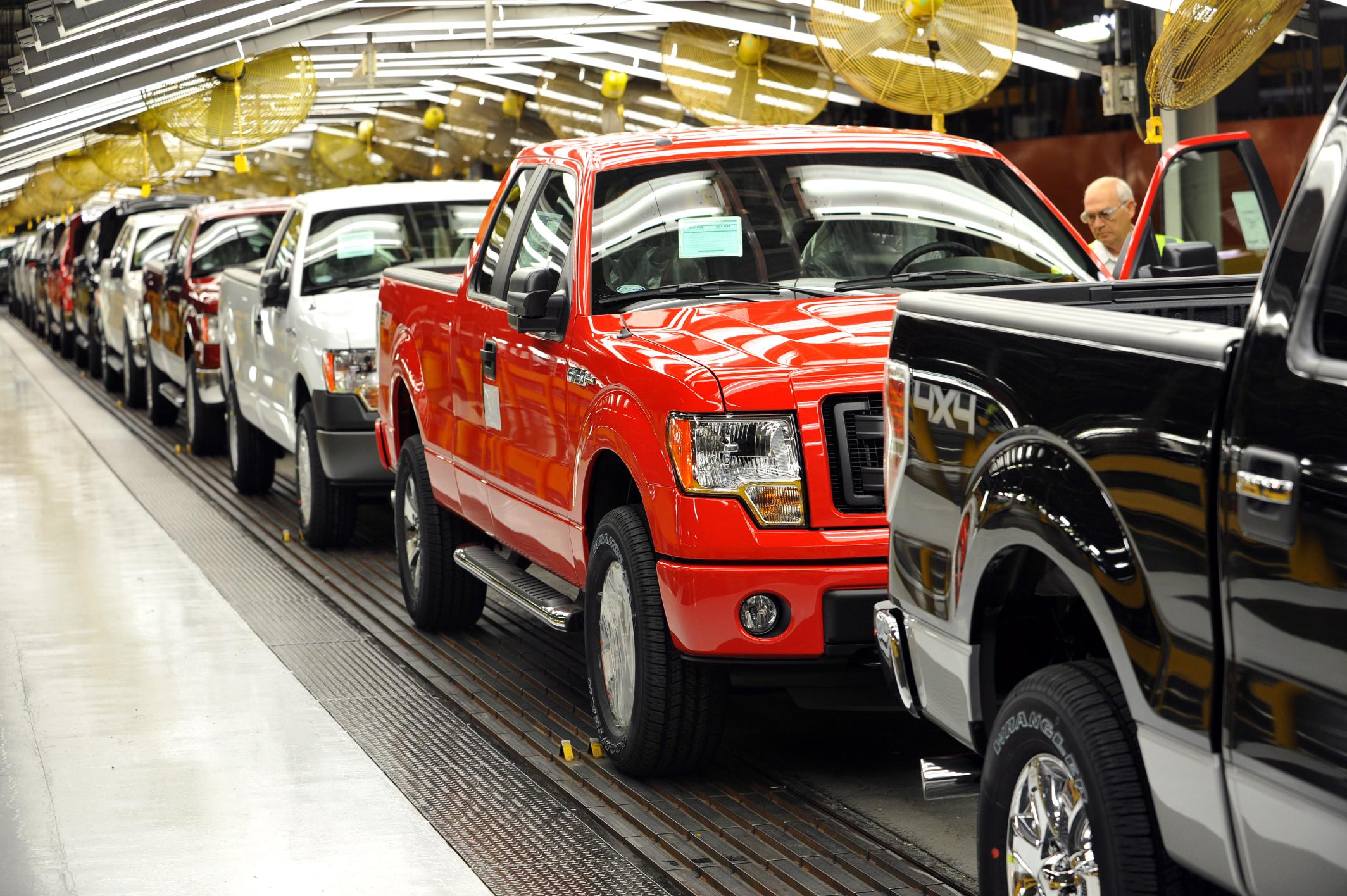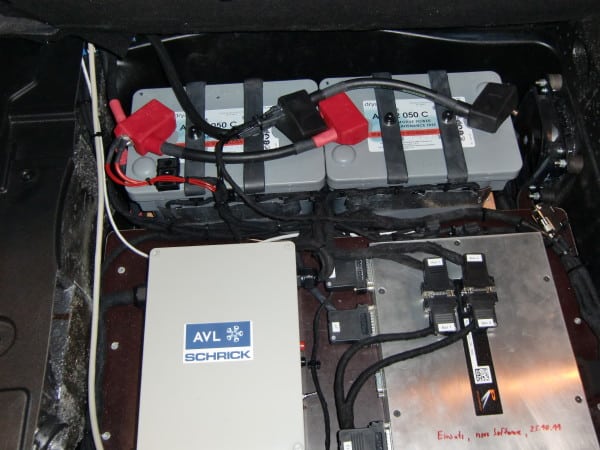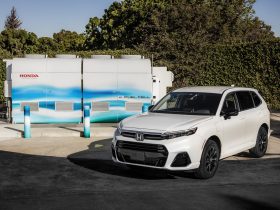When the International Vienna Motor Symposium opens this week, the Advanced Lead-Acid Battery Consortium (ALABC) and Controlled Power Technologies (CPT) will be showcasing their 48 volt LC Super Hybrid technology demonstrator as an affordable, energy-efficient automotive drivetrain option.
The LC Super Hybrid is a VW Passat sedan whose 1.4-liter engine has been converted to include a 48V lead-acid battery-based hybrid. Building on the Low Carbon Vehicle Champions 12 volt demonstrator unveiled at the 2012 Geneva Motor Show, this higher-voltage version adds more torque assist to the engine and improves fuel efficiency in a big way, making the family-sized VW capable of more than 42 mpg (US).
“Our 48 volt demonstrator will assist global carmakers in their technical due diligence, engineering validation and industrialisation of 48V-based micro-mild hybrid vehicles that motorists can afford to buy,” says Nick Pascoe chief executive, “particularly as we’re now seeing rapidly maturing definitions of 48 volt architectures by leading international carmakers, supported by the global tier 1 supply base, and increasingly diverse powertrain and vehicle applications coming from the market. We expect to gain an additional 4-8 per cent fuel economy improvement over the 1,450kg kerb weight, 12 volt LC SuperHybrid, which already achieves 50mpg imperial (42mpg US and 5.6l/100km) and 130g/km on the NEDC New European Drive Cycle and significantly more miles per gallon in real world driving – while delivering the performance and driveability of a 2-litre class vehicle.”
“Mild electrification of the powertrain deploying more than 12 volts, but keeping it safely less than 60 volts, combined with new generation advanced lead-carbon batteries, which offer high power density and feature capacitive negative electrodes with added carbon, which have been shown to tolerate the relentless charging and discharging in this micro-mild hybrid application, will be a major factor in providing carmakers with the required energy efficiency and affordability,” says Allan Cooper European projects coordinator at the Advanced Lead-Acid Battery Consortium, commenting on the ability of lead-carbon batteries to absorb very high power (high current) charge pulses of brake energy and provide high current discharge pulses for frequent engine cranking and torque assist. “Most significantly this low voltage micro-mild hybrid technology with nominal 1kWh batteries included can be achieved at a quarter of the add-on costs normally incurred with a full hybrid or electric vehicle.”
ALABC and CPT estimate that the cost of implementing their hybrid solution to an existing vehicle platform at the factory would be about $1,500. Roughly the same cost as improving current-engine technology, but with roughly double the potential payoff in efficiency gains.








